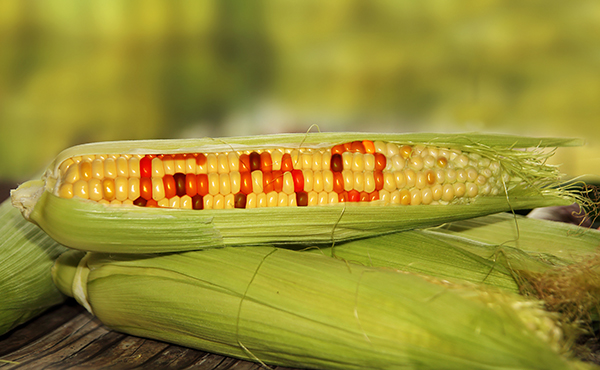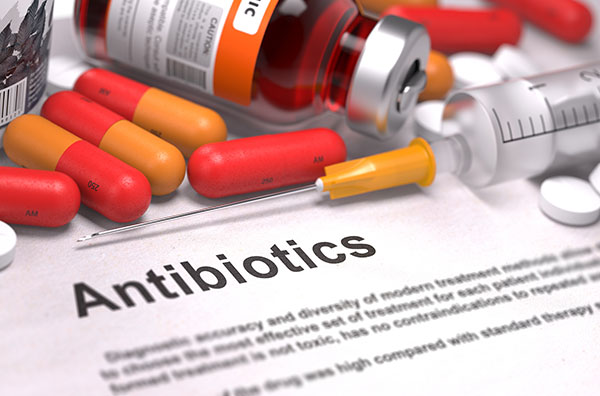
We are surrounded by bacteria in our daily lives; billions of species exist, and many of them cause us no harm. However, there are some bad apples in the bunch (just like humans), and they can cause infections that make you sick. The purpose of antibiotics is to kill off these harmful microbes. If this was the only time antibiotics were used, perhaps we would not be in the dire straights that we now find ourselves in. However, antibiotics are also pumped into the food supply, which leads to a whole host of problems.
Consumers Union reports that upwards of 80 percent of all antibiotics sold in the United States alone are used for meat and poultry production. Most of the time, antibiotics are given to healthy animals to increase their size and to prevent infection in unsanitary conditions. The preemptive use of antibiotics is especially problematic. The bottom line is that by creating conditions in which antibiotics are constantly present, these industries are consequently breeding antibiotic-resistant bacteria along with their livestock.
Vox writes: "Both the Food and Drug Administration and the Centers for Disease Control and Prevention have told Congress there's a link between the routine nontherapeutic use of antibiotics on farms and the superbug crisis in general."
Antibiotic-resistant bacteria can be transmitted from animals and into the environment in a number of ways, including through human contact. These resistant strains can also end up in food, which can then make people sick and cause disease to spread.
When combined with frequent over-prescription, you can see that we have basically done this to ourselves. By using an ever-increasing amount of antibiotics, we have created smarter, more resistant species. The CDC estimates that at least 30 percent of all antibiotic prescriptions are unnecessary.
Antibiotic resistance is not something that may happen, it is something that is happening now. Are you prepared?
Sources:
Please contact us for more information.






















